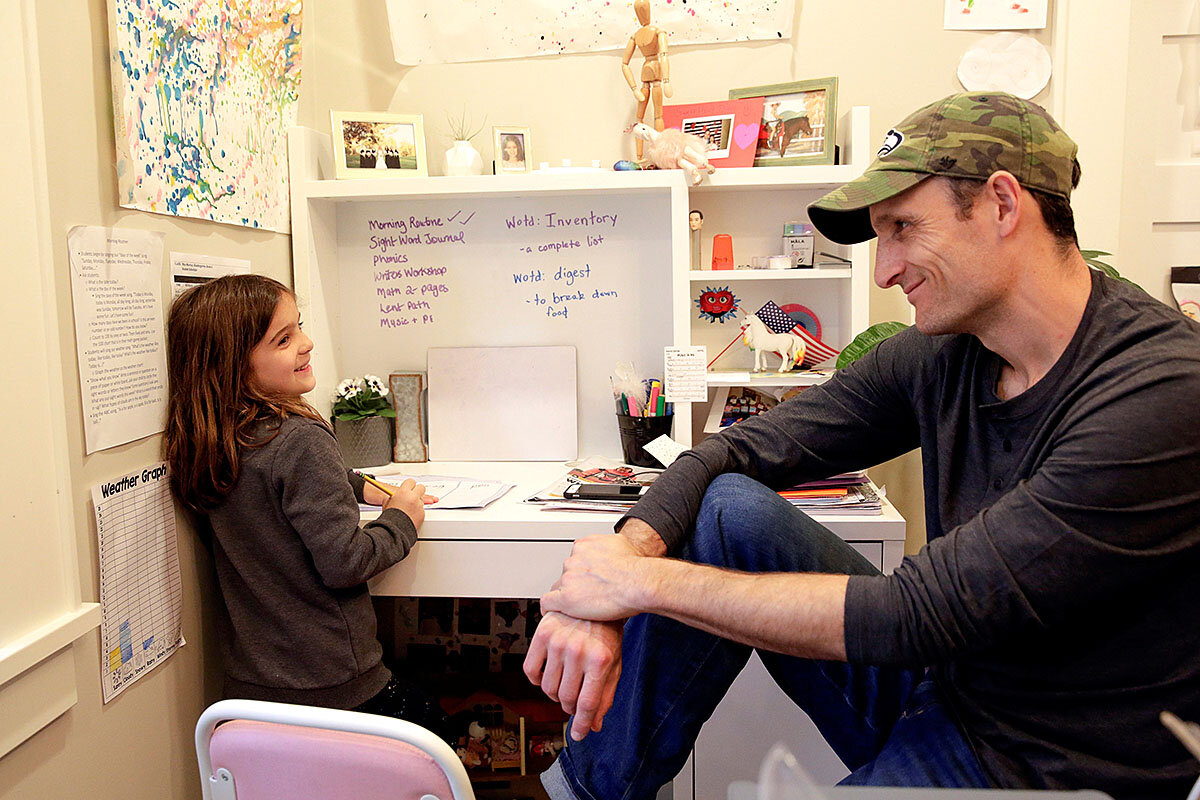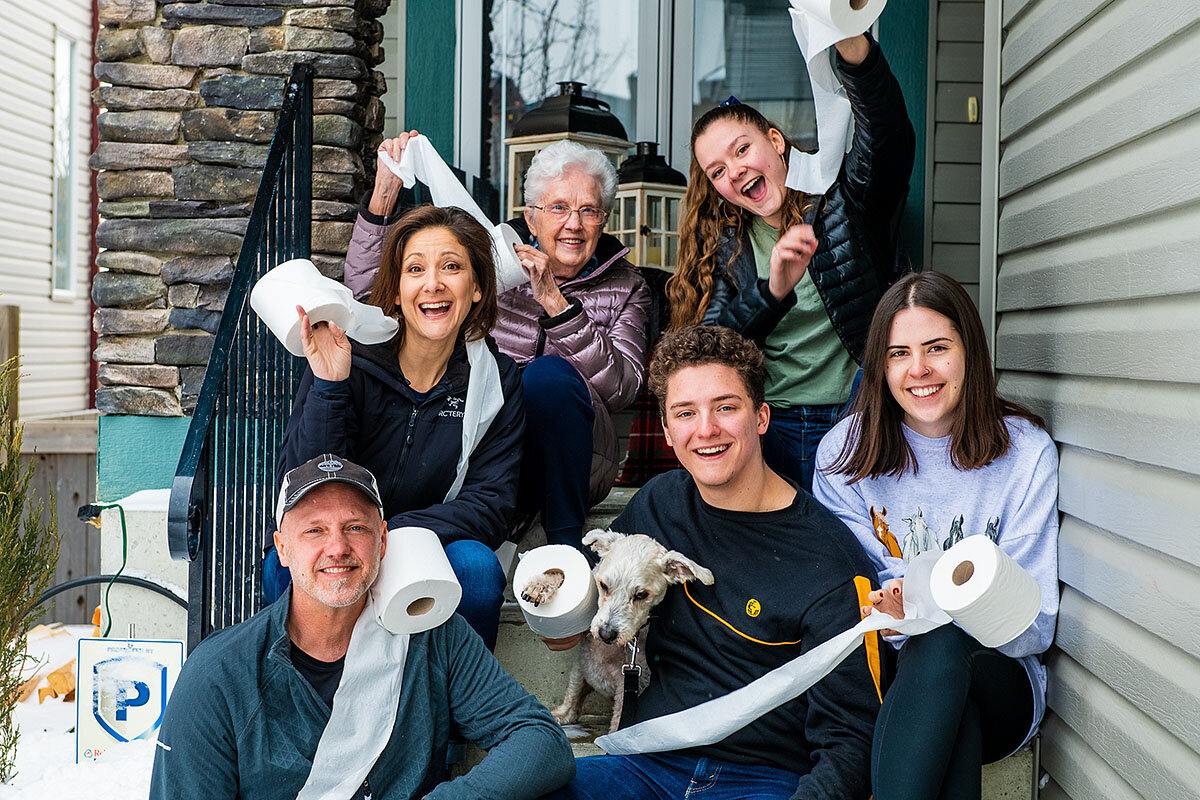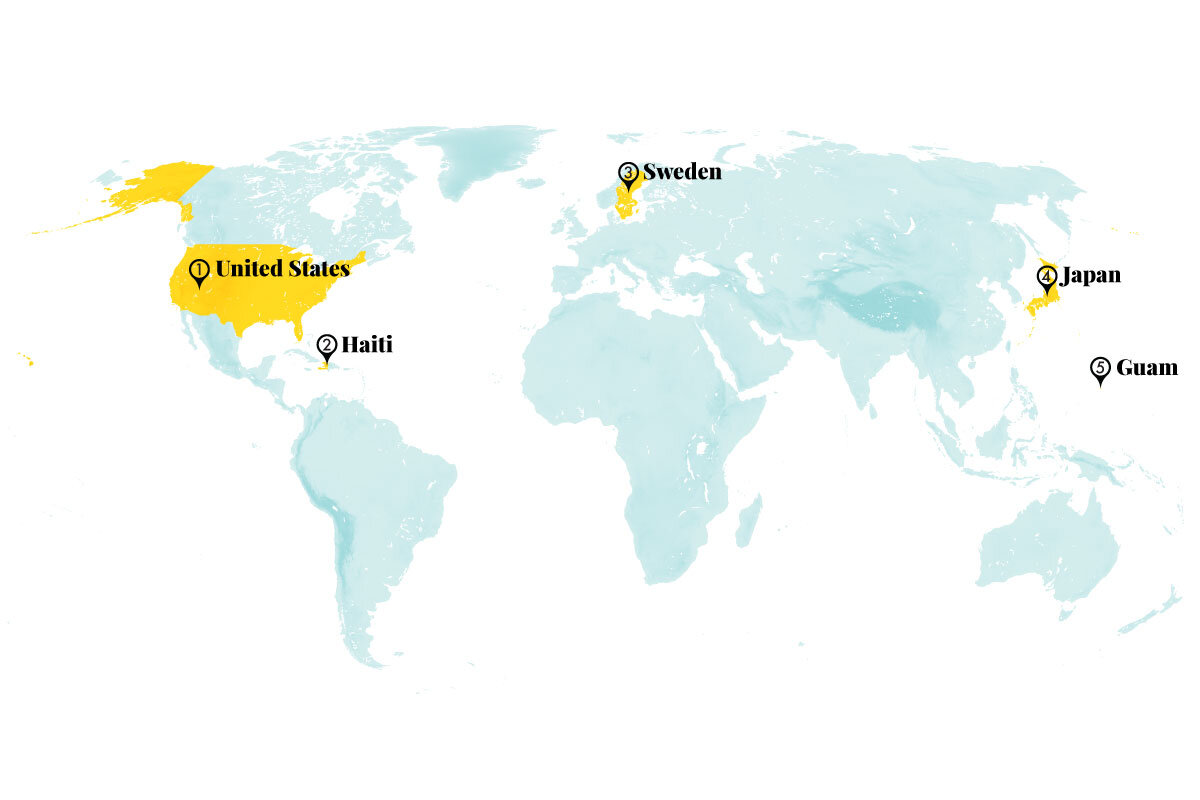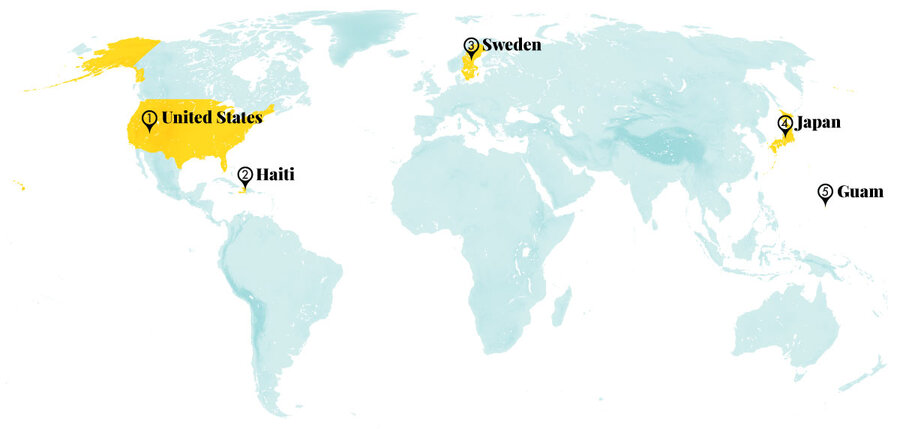What changes to the way children are educated might come after the current pandemic? While there are still shortcomings to address, some see innovation happening in online learning – and in how people think about the goal of education.
Monitor Daily Podcast
- Follow us:
 Linda Feldmann
Linda Feldmann
Today, we look at online education as more than a stopgap, the Kentucky governor’s new fanbase, family ‼��ǰ�����������ٲ�,” why we hoard toilet paper, and points of progress around the globe.
First, some thoughts on employment and creativity.
The March jobless rate – out today at 4.4% – doesn’t capture the real state of the labor market, because of survey lag. More likely, The New York Times , unemployment is closer to 13%. We won’t sugar coat; that’s a gut punch.
Congress’s $2 trillion economic rescue package will bring relief to some. But around the country, people are thinking creatively about how they can employ others. In Kansas City, Missouri, the National WWI Museum and Memorial has avoided layoffs by 10 of its employees on a project digitizing thousands of old letters, photos, and journals.
Here in Washington, D.C., a local activism incubator and retailer called The Outrage is unemployed people for $15 an hour to handwrite postcards on behalf of others. The recipients are friends, relatives, even love interests who would appreciate a little note of encouragement or humor. A couple who had to cancel their wedding enlisted the service, called , to send cards to everyone on their guest list. Customers choose how much to spend, starting at $3 a card.
“We don’t manufacture things, so I can’t make masks,” Rebecca Lee Funk, founder of The Outrage, told the DCist local news site. “But I could probably make some people smile, and give some people some work.”













